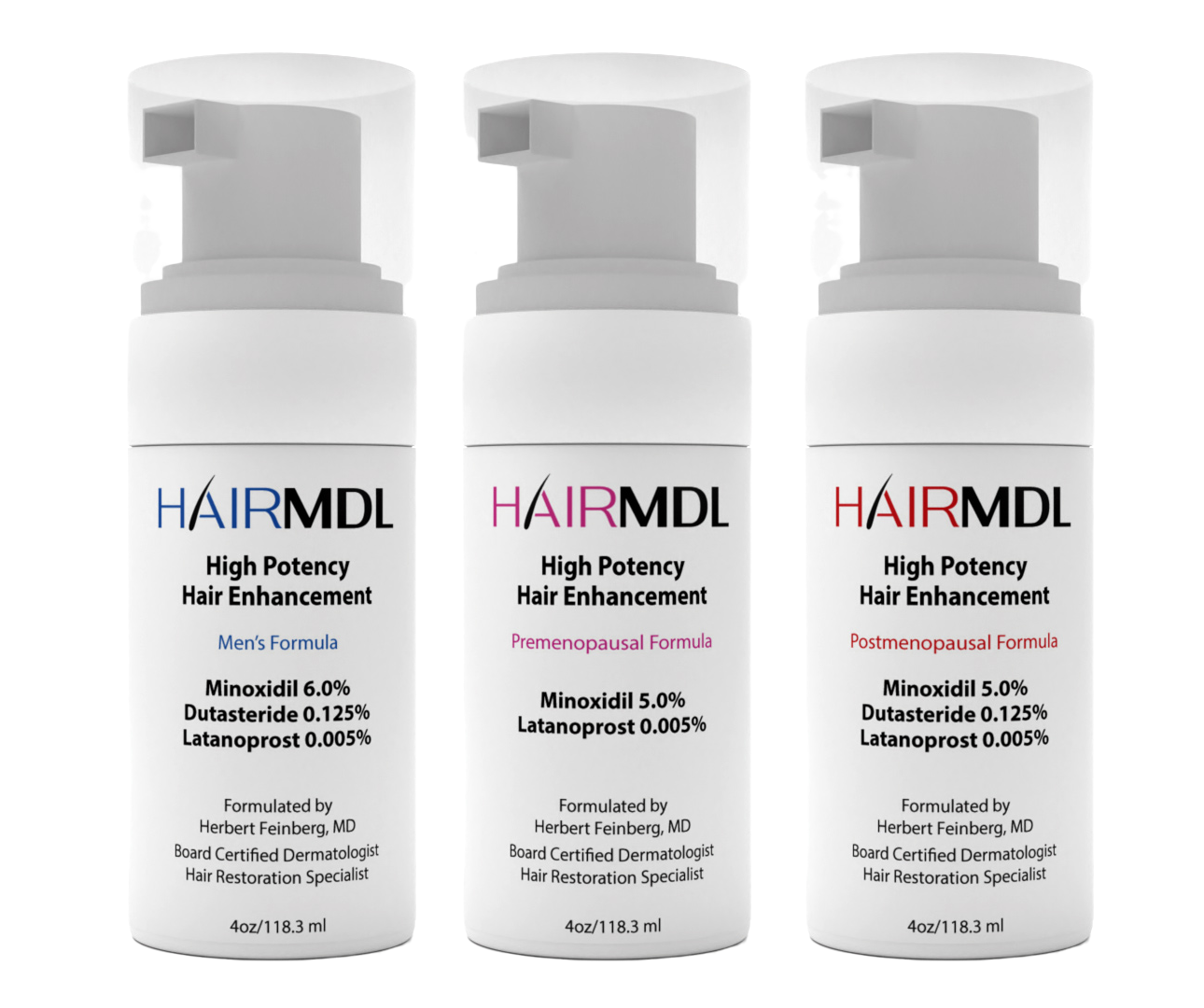Seeing loose hair on your brush after combing or brushing is a normal thing. The average person loses 50-100 hairs a day, which the body replaces in a constant process as new hair grows and the old hair is shed. That rate remains consistent for your entire life, it is the rate of replacement that declines. The link between aging and hair loss is a well-documented one.
Why Does Aging Cause Hair Loss?
There are two primary effects of aging that directly contribute to hair thinning and hair loss. The first is a reduction in the number of follicles in their growth phase, with a concurrent reduction in the density of your mane. The second is a reduction in the diameter of the individual strands of hair, resulting in hair thinning.
The Mayo Clinic notes a consistent pattern in how these age-related effects make themselves visible. In men, this often presents as a receding hairline coupled with possible bald patch at the vertex of the scalp. In women, it usually presents as a widening of the part. These symptoms are normal effects of aging, although they can be aggravated or accelerated by other factors.
What Causes Hair Loss After 60?
Genetics – also referred to as hereditary hair loss – is a primary concern for both men and women. Certain inherited genes cause the hair follicles to shrink as a person ages, making them slow and eventually cease producing new strands.
Fluctuating levels of hormones caused by perimenopause and menopause (especially increasing androgen levels)can also cause hair thinning. Thyroid conditions can have a similar impact. Side effects from medications, nutritional imbalances, and the physiological effects of stress are also driving factors.
Can Hereditary Hair Loss Be Reversed?
“Reversing” depends upon how you mean it. A variety of methodologies and medications that can slow genetic hair loss…as well as help to maintain and, in some cases, improve hair growth. The most common medications prescribed for these uses include minoxidil, finasteride, and spironolactone.
Since the advent of those topical treatments, medical science has been working to build on and improve them. Using his decades of experience, Dr. Feinberg examined the latest in hair growth research to create HAIRMDL®, which features a unique blend three powerful ingredients for hair regrowth.
Additionally, in many cases of genetic hair loss, hair from certain parts of the scalp will be unaffected, allowing them to become donor hair for the parts that are thinning. A consultation can determine which approach is best for your hair loss.
HairMD, Your Ally In The Battle Against Hair Loss
As soon as you notice abnormal levels of hair loss, make an appointment with an experienced board-certified dermatologist. The sooner your condition is identified and diagnosed the better your chances are of combating it. If this is the case for you, contact us today to request a consultation with a hair care specialist as soon as possible. Whether you need a customized plan for non-surgical treatment methods or hair transplant surgery, HairMD can help.





.svg)








